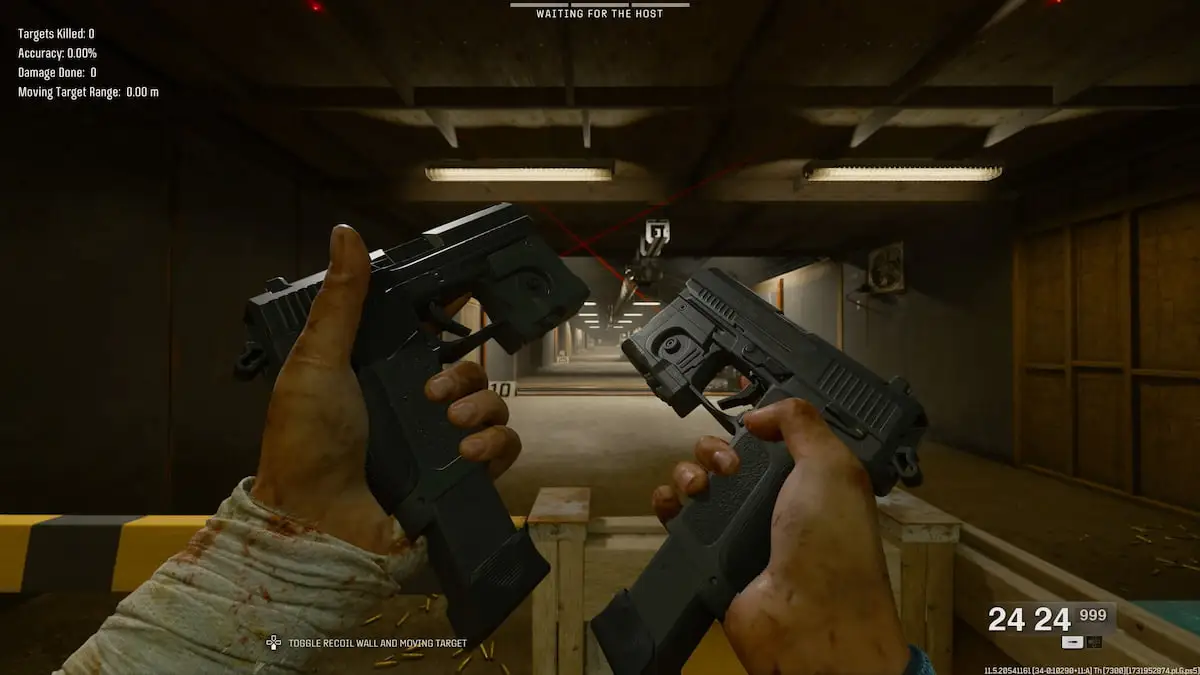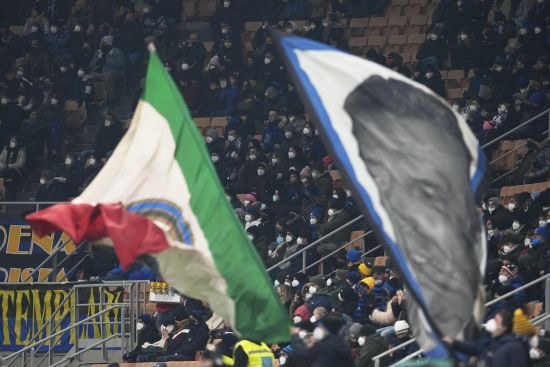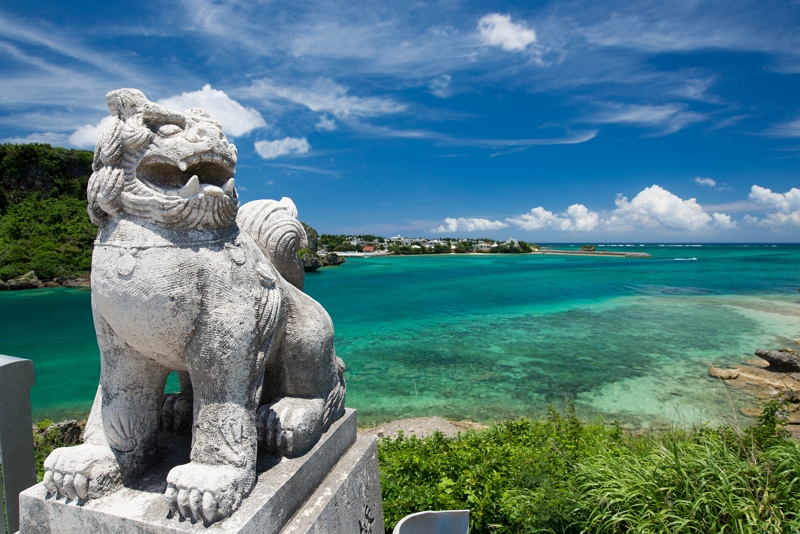Highlights
Engie, Masdar to develop at least 2 GW of green hydrogen by 2030
Its first green hydrogen/ammonia project in Middle East will be in UAE
It wants to double MENA renewable power projects to 4 GW by 2030
French utilities company Engie is eyeing participating in green hydrogen projects in Saudi Arabia and Oman amid plans to jointly develop at least 2 GW of such projects with Abu Dhabi-based renewables company Masdar in the UAE and abroad by 2030, a company official told S&P Global Platts Jan. 19.
Not registered?
Receive daily email alerts, subscriber notes & personalize your experience.
Under an agreement signed with Masdar in 2021, Engie plans to create a green hydrogen hub in the UAE and potentially other regions in a deal worth $5 billion, with the first 200 MW green hydrogen and ammonia project being developed in Abu Dhabi.
Saudi Arabia, which is building a $6.5 billion green hydrogen project in zero-carbon city Neom with the help of Riyadh-based ACWA Power and US-based Air Products, is attractive, Frederic Claux, thermal and supply managing director for Asia, Middle East and Africa, said in an interview on the sidelines of the World Future Energy Summit in Abu Dhabi.
“I am sure there is room for other players to develop additional projects and so we are looking at Saudi as well,” Claux said.
Platts assessed Jan. 19 Hydrogen Saudi Arabia Alkaline Electrolysis at $2.4045/kg, little changed on the day, while Hydrogen Saudi Arabia PEM Electrolysis was assessed at $2.7752/kg, also nearly flat.
Engie is also eying green hydrogen projects in Oman, the Middle East’s biggest oil producer outside OPEC, and Egypt and Morocco, two countries that have affordable renewable costs and are close to European markets, Claux said.
2045 target
Engie, which has more than 70 clean hydrogen projects around the world, plans to develop 600 MW of green hydrogen projects by 2025, and 4 GW by 2030, as part of plans to have net-zero emissions by 2045.
The UAE, the first Middle East country to commit to net-zero emissions by 2050, wants to have a 25% global market share in low-carbon hydrogen projects by 2030.
Platts assessed Jan. 19 Hydrogen UAE PEM Electrolysis at $4.2484/kg, unchanged on the day, while Hydrogen UAE Alkaline Electrolysis stood at $3.6809/kg, also flat.
Engie’s first green hydrogen and ammonia project in the Middle East is the 200 MW development with Masdar and fertilizer company Fertiglobe, which will be built in the industrial hub of Ruwais in the emirate of Abu Dhabi and is expected to come on stream in 2025. Fertiglobe, in which the Netherlands-listed OCI NV and Abu Dhabi National Oil Co. have stakes, will be the sole offtaker of the project.
The financing, division of stakes, potential participation of other partners and remaining details of the project have yet to be finalized, Claux said.
“All the details have to be defined,” Claux said. “Maybe Fertiglobe will also invest in the project together with Masdar but definitely Masdar and Engie will be the main sponsors.”
Doubling MENA renewables
Engie expects the green ammonia that will be produced at Fertiglobe’s operations in Ruwais will be mostly directed toward export markets, which could be both Asia and Europe, Claux said.
The French company is also in discussions with local industrial participants in the UAE to use the green hydrogen.
“Green ammonia is one option with Fertiglobe but we think we can use green H2 in many other industries, especially in the UAE, could be used for mobility objectives, for heavy duty trucks, maybe in the port, maybe in the airport,” Claux said. “There are discussions ongoing as well with other industrial players in the UAE. For example, glass or steel production could be an option.”
Engie, which received subsidies for some of its green hydrogen projects around the world, does not expect to get any subsidies in the UAE because the cost of renewables is quite low, Claux said
Engie currently has around 2 GW of renewable projects in the Middle East and North Africa region and wants to double this figure by 2030 as part of a global objective to have 80 GW of renewables by 2030, up from about 35 GW currently, Claux said.
The company plans to bid for renewable projects in the UAE and Saudi Arabia to help double its installed capacity in MENA, he added.
Note: This article have been indexed to our site. We do not claim legitimacy, ownership or copyright of any of the content above. To see the article at original source Click Here













